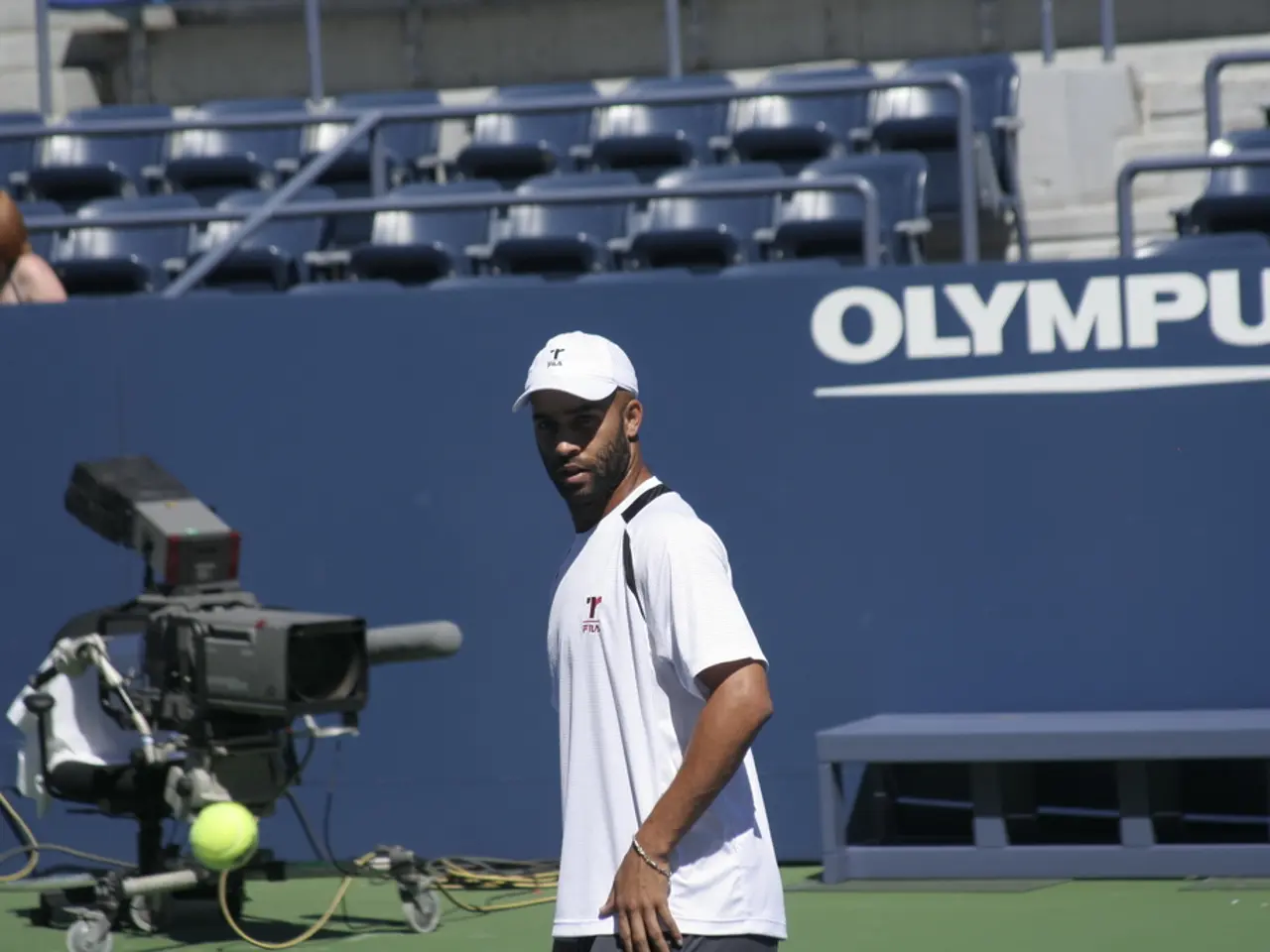Court to Hear Case on Transgender Students' Eligibility in School Sports Teams
The Supreme Court of the United States has agreed to hear two landmark cases challenging state laws that ban transgender students from participating in school sports consistent with their gender identity. The cases, *West Virginia v. B.P.J.* and *Little v. Hecox* (from West Virginia and Idaho, respectively), are set to be argued in the Court’s 2025-26 term with decisions expected in 2026.
In *West Virginia v. B.P.J.*, the plaintiff is Becky Pepper-Jackson, a transgender middle schooler who has competed on girls' sports teams consistent with her gender identity and challenges the state's ban restricting her participation. The case in Idaho involves Lindsay Hecox, who hoped to run for Boise State University.
These cases will examine whether these state bans violate the Equal Protection Clause of the 14th Amendment and Title IX of the Civil Rights Act, which prohibits sex-based discrimination in federally funded education programs. Lower courts had blocked the bans, ruling that they likely violated constitutional protections and Title IX. For example, the Fourth Circuit allowed B.P.J. to continue participating in track events.
The Supreme Court’s decision to hear these cases comes shortly after a significant ruling in *United States v. Skrmetti* (June 2025), where the Court, in a 6-3 conservative majority decision, upheld state bans on gender-affirming medical care for transgender minors, finding no violation of the 14th Amendment or sex discrimination. The upcoming sports cases will further probe when such laws must meet heightened scrutiny under constitutional protections.
The nationwide battle over the participation of transgender girls on girls' sports teams has played out at both the state and federal levels. Republicans have leveraged the issue as a fight for athletic fairness for women and girls, while advocates argue that such bans violate constitutional and federal anti-discrimination laws.
The ruling could define whether transgender youth have the right to participate in athletic programs consistent with their gender identity, affecting access to the social, leadership, and health benefits sports provide. A decision upholding bans could affirm states’ rights to maintain sex-segregated sports teams based on biological sex at birth. Conversely, striking down these laws could reinforce protections against discrimination and potentially reshape policies across at least 27 states currently banning transgender athletes from girls' and women's teams.
This Supreme Court ruling will be one of the most consequential for transgender rights in education following recent rulings on transgender healthcare, potentially setting precedent on the application of the equal protection principle and Title IX in the context of sex and gender identity in schools.
Notably, Idaho was the first state to ban transgender women and girls from playing on women's sports teams sponsored by public schools, colleges, and universities in 2020. Meanwhile, the University of Pennsylvania modified school records set by transgender swimmer Lia Thomas and apologized to female athletes "disadvantaged" by her participation on the women’s swimming team.
The American Civil Liberties Union and the women's rights group Legal Voice sued Idaho on behalf of Lindsay Hecox, while West Virginia is appealing a lower-court ruling that found a ban on transgender athletes violates the rights of Becky Pepper-Jackson. The state of Idaho requested Supreme Court review after lower courts blocked the state’s ban while the lawsuit continues. The Supreme Court did not act on a third case from Arizona that raises the same issue.
These landmark cases promise to shape the future of transgender rights in education and athletics, with far-reaching implications for transgender students across the United States.
The cases of West Virginia v. B.P.J. and Little v. Hecox, which are scheduled to be argued in the Supreme Court's 2025-26 term, revolve around the participation of transgender students in school sports, challenging state laws that restrict their participation in sports consistent with their gender identity. These cases aim to determine whether these state bans infringe upon the Equal Protection Clause of the 14th Amendment and Title IX of the Civil Rights Act, and whether they should meet heightened scrutiny under constitutional protections.
The decision of the Supreme Court in these cases could have profound implications for transgender students across the United States, potentially setting precedent on the application of the equal protection principle and Title IX in the context of sex and gender identity in schools, and either reinforcing protections against discrimination or affirming states' rights to maintain sex-segregated sports teams based on biological sex at birth.





